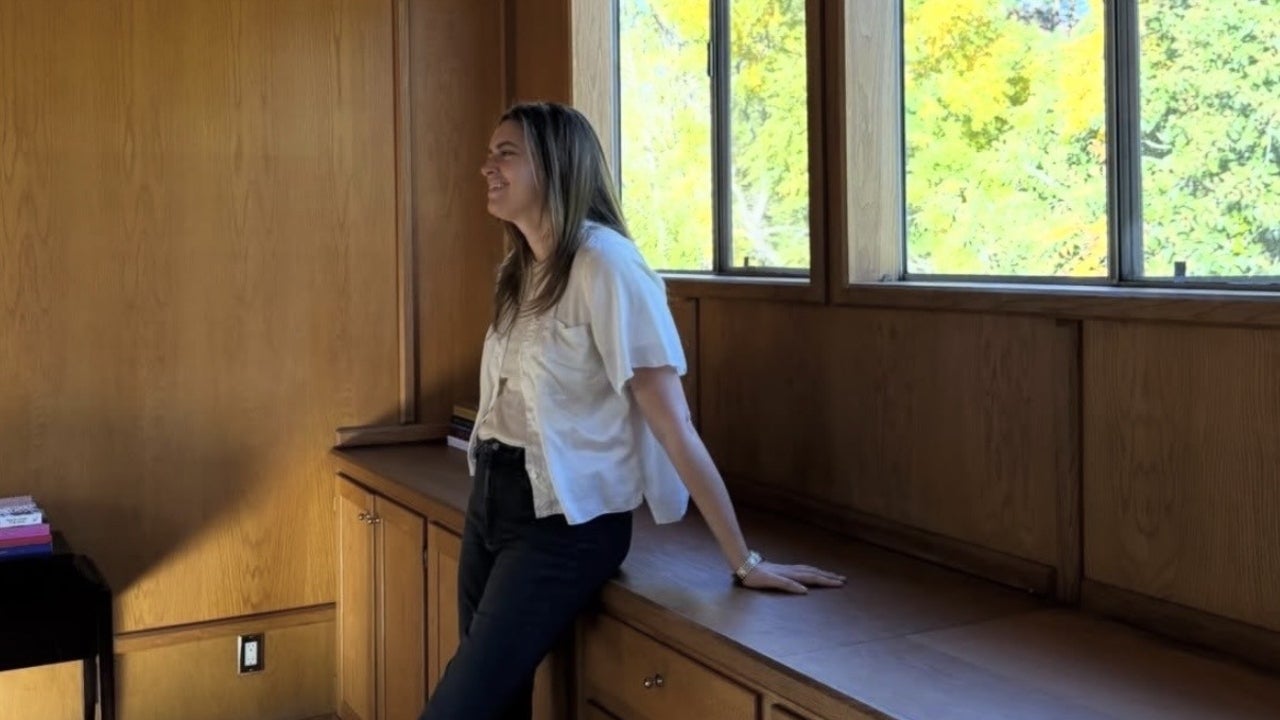Wise Engagement with the World: What to Do When You Wish Things Were Different
Author and meditation teacher Kimberly Brown explores what wise engagement looks like, offering compassionate advice on how to avoid falling into despair, practice non-hatred even for difficult people, and use your actions to benefit the world. The post Wise...

Summary
Wise engagement starts with caring for yourself through loving, patient attention. Staying present with your difficult emotions is a form of wise engagement that changes how you relate to your pain. Engaging wisely with the truth that everything changes can give our actions more wisdom and clarity, helping to benefit others.What should you do when you feel helpless, hostile, or outraged? Maybe your spouse betrayed your trust, a friend criticized you behind your back, or your child refuses to listen. Or maybe, like many of us today, you’re heartbroken and angry about the actions of political leaders, corporations, or governments—especially when they cause harm to people, animals, or the planet.
You’re not morally wrong and you’re not a bad person to feel the way you do, but your emotions aren’t hurting the people causing harm. They’re hurting you. They cloud your mind, contract your heart, and make it harder to act with the wisdom and clarity the world so badly needs right now.
That’s why it’s essential to take care of yourself—not by checking out or pretending things are okay, but by meeting your pain with loving attention, patience, and kindness. This is the practice of non-hatred—the profound and deeply wise choice to relate to suffering without fueling the fires of rage, despair, or blame.
Choosing Presence and Acceptance
Taking care of your difficult emotions means staying present with your body, heart, and mind, even when it’s painful. You might put your hand on your heart or belly and bring your attention to the sensations, thoughts, and energies arising in you. You can gently say to yourself, “I’m here for you,” or use Thich Nhat Hanh’s powerful words: “I see you, [name the feeling], and I’m not going to leave you.” This simple act of acknowledgment softens the edges of emotional pain. You’re not trying to get rid of it—you’re learning to relate to it with openness, understanding, and tenderness. That’s how healing begins and wisdom arises.
You’re learning to relate to emotional pain with openness, understanding, and tenderness. That’s how healing begins and wisdom arises.
It also arises through metta, or loving-kindness. In the Buddhist tradition, this quality is sometimes translated as “non-hatred.” When you’re feeling hurt or upset with people or policies, you might not be able to wish them well. But you can choose to not wish them ill. Non-hatred doesn’t mean approving of harm. It means not letting malice or aggression take root in your own heart. It’s the wisdom of protecting yourself from the corrosive effects of hostility and ill-will while still taking meaningful action.
Non-hatred includes compassion for your own distress and for those who are suffering. It’s rooted in the recognition that sustained anger clouds judgment, causes deep inner pain, and often leads us to act in ways that perpetuate harm rather than stop it. Choosing non-hatred allows us to respond—rather than react—with steadiness, strength, and clarity.
Choosing non-hatred allows us to respond—rather than react—with steadiness, strength, and clarity.
Contrary to current cultural messages, responding in this way isn’t weakness. It’s strength guided by wisdom. It means we stop harm when we can, but we do it from an undisturbed mind and a compassionate heart.
Taking Comfort in Change
You can also ground yourself and steady your upset with the truth of change.
Nothing exists in isolation, and nothing stays the same forever. Even a simple wooden table is the result of countless factors: the tree, the soil, the weather, the lumber mill, the delivery system, the craftsman. Each of those conditions has its own causes.
The same is true for suffering—personal, cultural, and global. Everything harmful or broken exists because of specific conditions. That’s good news, because if we can change the conditions, we can change the outcomes.
Everything harmful or broken exists because of specific conditions—and if we can change the conditions, we can change the outcomes.
That’s why your actions matter. What you think, say, and do shapes the world. Even small acts—motivated by wisdom, compassion, and non-harming—contribute to the conditions necessary for unity, generosity, and harmony. When your actions arise from steadiness and goodwill rather than reactivity, they’re far more effective. Calm, clear, and courageous responses don’t just feel better—they do better.
You may not be able to control the actions of others or the circumstances of the world, but you can always choose to respond with wisdom and clarity.
You begin by turning toward your distress with openness and gentleness. Then you cultivate the practice of non-hatred. And finally, you commit to using your thoughts, words, and actions to contribute to the conditions that bring benefit and avoid causing harm. You make a choice to participate in the creation of a more just, generous, and loving world—for yourself, your friends and family, and all living beings.

 BigThink
BigThink 
































